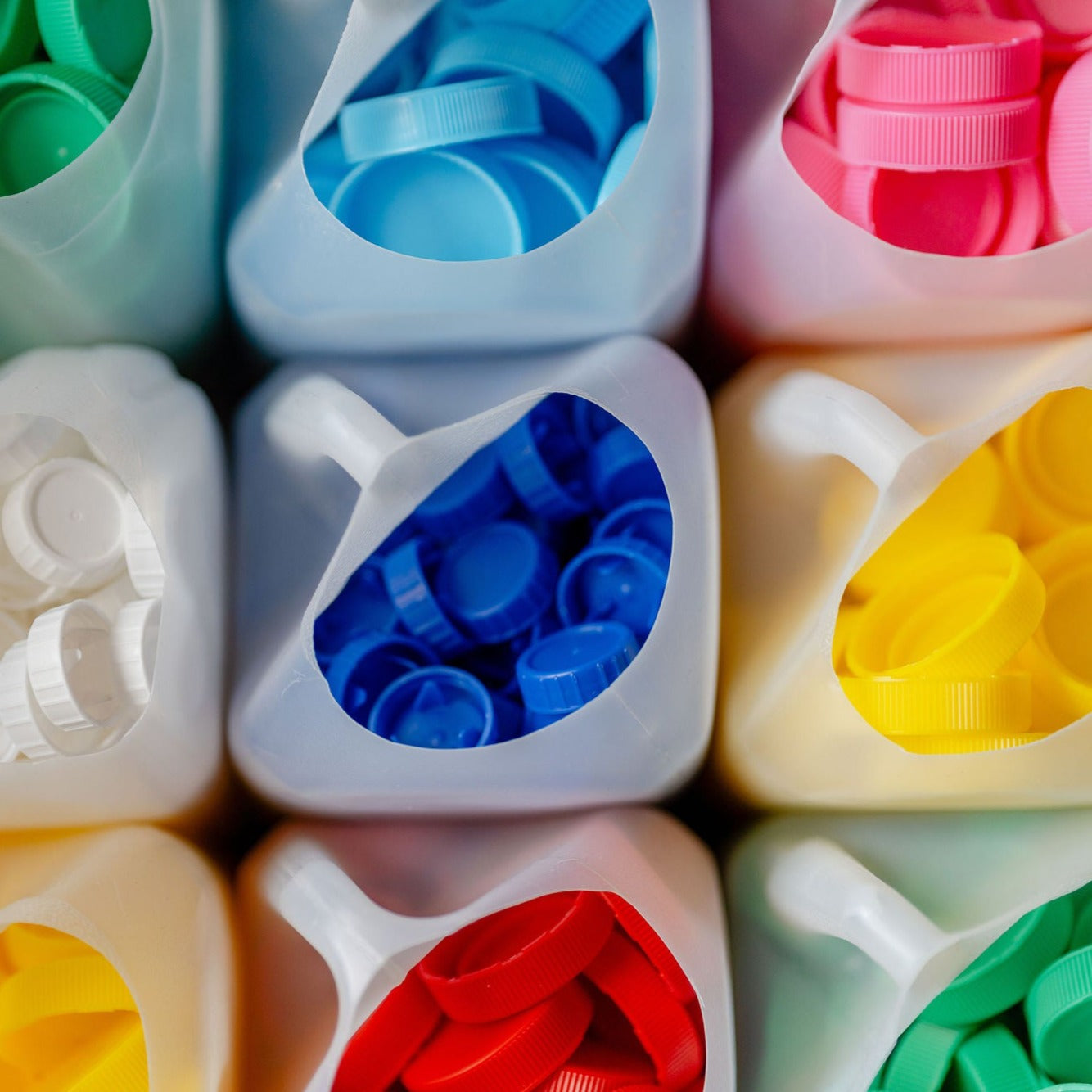
Matt Moran's advice on how to lead a more eco-friendly lifestyle

By Sherron Dalziel
A fourth-generation farmer, celebrity chef, Matt Moran, is all about keeping it real when it comes to fresh produce and the environment.
For a start, all 30 of his Aria restaurants are plastic straw free and his commitment to sustainability is reflected in how he creates his award-winning dishes. Matt also champions the no waste cause in his involvement with food waste rescue organisation Oz Harvest.
Seafood is a huge component of Matts menus but not just any seafood, it too must be sustainable. That is "capable of being maintained at a steady level without exhausting natural resources or causing severe ecological damage."
And sometimes we need to rethink our choices. Aussie favourites, snapper and barramundi are at present already suffering from overfishing and yet other plentiful, less known or unusual options are leaping into the nets.
Consider small schooling fish as they are faster breeding and short lived and can withstand fishing pressure. Larger fish such as tuna and sharks have very few young and are long lived and suffer already from many years of over fishing and mis-management of the fishing industry.
Things to consider are whether there is a plentiful supply, breeding habits, migration routes, fishing methods and their impact on the environment.
An amazing organisation, Good Fish Bad Fish (GFBF) have done the hard work for us as in what to buy, what not to buy and why. They outline the many and varied ways fish are farmed and caught and the impact each practice has on the environment. They also provide a list of the seafood species that are in strong supply and constantly update this as numbers change. Aussie favourites snapper and barramundi are not on the list, but GFBF even has a recipe reference of alternatives when your first choice may not be the best one.

As consumers, we can send a loud message to suppliers by tailoring (no pun intended), our buying habits. The secret in making good choices is being informed and asking lots of questions when purchasing seafood to cook at home and when dining out.
Another top tip from Matt is to sometimes throw away your list. Look for what's in season and plentiful and go from there. Not only will your produce taste better it will cost less and reduce our carbon emissions.
So do some homework, buy locally from Australian suppliers, buy fresh and don't always buy mainstream (pun intended).

